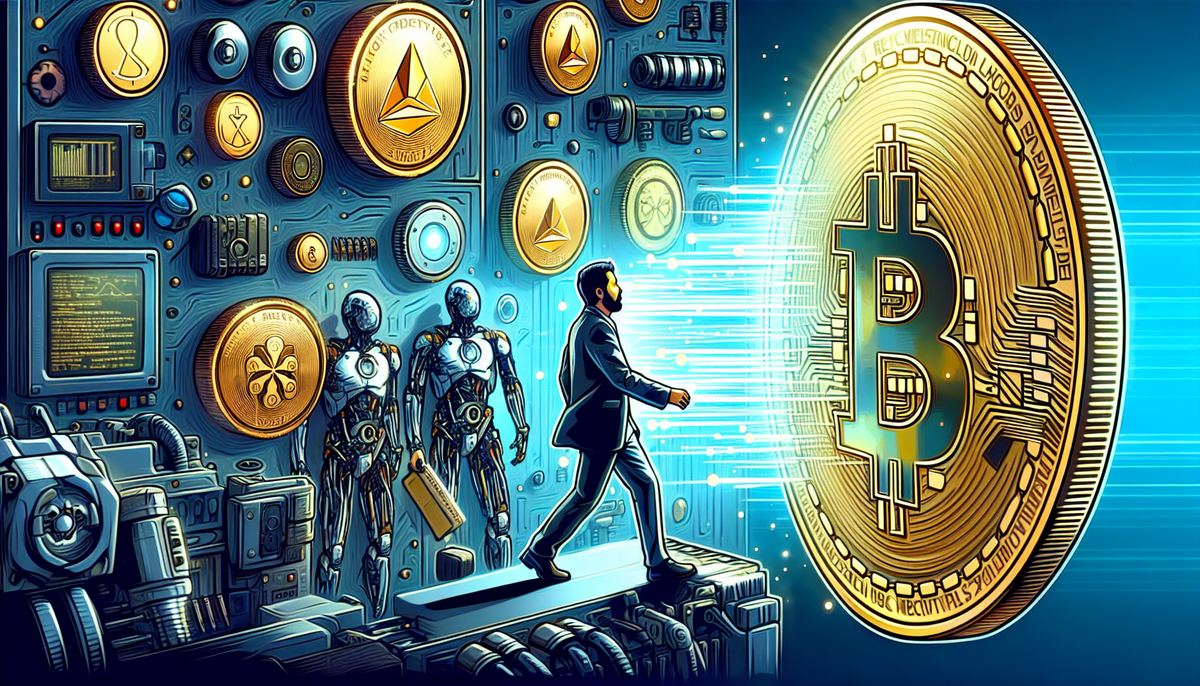Published
5 years ago on
November 01, 2018
“Social media provides a good illustration of why this technology could succeed. Today, consumers unload vast amounts of information to corporations such as Facebook and Twitter, including personal characteristics and preferences, connections to others, photos, videos, etc. Recent laws and regulations, such as the EU General Data Protection Regulation (GDPR) and the California Consumer Privacy Act, grant users a measure of control over who gets to see and analyze their data.”Given the advantages of all of this, a question still remains. Why hasn’t this technology spread throughout the world already? And why are dApps still few and far between? One of the answers to this is the scalability and technical limits and lack of awareness for the technology. But even though these are important, government issues are the big player in this.
“Decentralized models for data validation work a lot like markets: They achieve their intended aims only provided that no participant has a strong dominant position.”What are your thoughts? Let us know what you think down in the comments below! Investment Disclaimer








